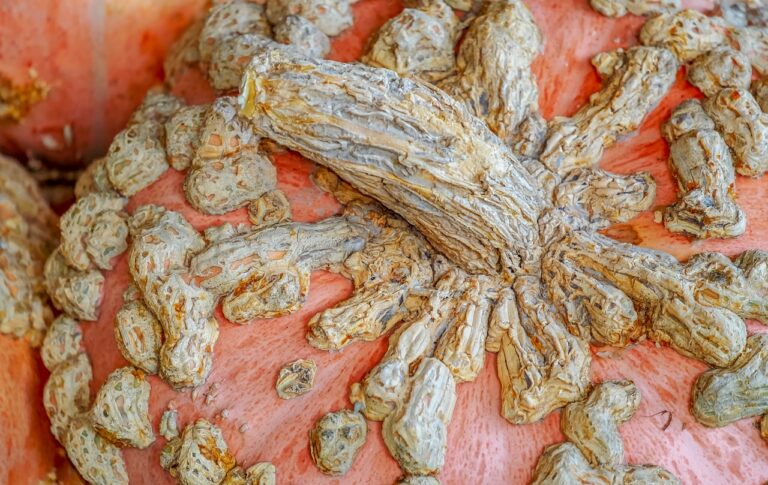Understanding the Connection Between Diet and Endocrine Disorders: www.world777, 11xplay.online, Bet book 247
www.world777, 11xplay.online, bet book 247: Understanding the Connection Between Diet and Endocrine Disorders
Have you ever stopped to think about the impact your diet has on your endocrine system? Most of us are so focused on losing weight or maintaining a healthy lifestyle that we often overlook how our food choices can affect our hormones. But the truth is, what you eat plays a significant role in the function of your endocrine glands and the hormones they produce.
In this article, we’ll delve into the intricate connection between diet and endocrine disorders. From how certain foods can disrupt hormone balance to the role of nutrition in managing conditions like diabetes and thyroid disorders, we’ll explore the science behind it all. So grab a seat, pour yourself a cup of tea, and let’s unravel the mysteries of the endocrine system together.
The Endocrine System: A Brief Overview
Before we dive into the nitty-gritty details of how diet impacts our endocrine health, let’s first understand what the endocrine system is and why it’s so crucial to our overall well-being.
The endocrine system is a network of glands that secrete hormones into the bloodstream to regulate various bodily functions, such as metabolism, growth, and reproduction. These hormones act as chemical messengers, traveling throughout the body to communicate with different organs and tissues.
Some of the key glands in the endocrine system include the pituitary gland, thyroid gland, adrenal glands, pancreas, and ovaries/testes. Each of these glands produces specific hormones that play a vital role in maintaining homeostasis in the body.
When the endocrine system is functioning properly, hormones are released in the right amounts at the right times. However, factors like diet, stress, and environmental toxins can throw this delicate balance off track, leading to the development of endocrine disorders.
The Impact of Diet on Hormone Balance
One of the most significant factors influencing our hormone balance is diet. The foods we eat provide the building blocks for hormone production and can either support or disrupt the function of our endocrine glands.
For example, consuming a diet high in sugar and processed foods can lead to spikes in blood sugar levels, which, in turn, can negatively impact insulin production and increase the risk of developing conditions like type 2 diabetes. On the other hand, a diet rich in fruits, vegetables, and whole grains provides essential nutrients that support the health of the endocrine system.
Here are some ways in which specific dietary factors can influence hormone balance:
1. Macronutrients: Proteins, fats, and carbohydrates are essential for hormone synthesis. For example, healthy fats are necessary for the production of steroid hormones, while amino acids from proteins are the building blocks for thyroid hormones.
2. Sugar: Diets high in sugar can cause insulin resistance, leading to imbalances in blood sugar levels and increased risk of diabetes.
3. Fiber: Fiber-rich foods help regulate blood sugar levels and support gut health, which is essential for hormone balance.
4. Phytoestrogens: Plant-based foods like soy contain phytoestrogens that can mimic the effects of estrogen in the body, potentially affecting hormone levels.
5. Micronutrients: Essential vitamins and minerals, such as vitamin D, magnesium, and zinc, play a crucial role in hormone production and function.
Managing Endocrine Disorders Through Diet
For individuals with endocrine disorders like diabetes, thyroid dysfunction, or polycystic ovary syndrome (PCOS), making dietary changes can be a powerful tool in managing their condition and improving overall health.
For example, people with diabetes can benefit from a diet that focuses on controlling blood sugar levels through balanced meals, portion control, and monitoring carbohydrate intake. Similarly, individuals with thyroid disorders may need to optimize their iodine intake through foods like seaweed and fish to support thyroid function.
In the case of PCOS, a condition characterized by hormonal imbalances, a diet rich in whole foods, lean proteins, and healthy fats can help regulate insulin levels and support hormone balance.
FAQs
Q: Can diet alone cure endocrine disorders?
A: While diet plays a crucial role in managing endocrine disorders, it is rarely a standalone cure. It is essential to work with healthcare professionals to develop a comprehensive treatment plan that may include medications, lifestyle changes, and dietary modifications.
Q: Are there specific diets that can help balance hormones?
A: While there is no one-size-fits-all diet for hormone balance, certain eating patterns like the Mediterranean diet or the DASH diet have been shown to support overall endocrine health. These diets emphasize whole foods, fruits and vegetables, lean proteins, and healthy fats.
Q: How long does it take to see improvements in hormone balance through diet?
A: The time it takes to see improvements in hormone balance through diet varies depending on the individual and the specific condition. Some people may notice changes in a matter of weeks, while others may take months to see significant results. Consistency and patience are key.
In conclusion, the connection between diet and endocrine disorders is undeniable. What we eat has a direct impact on our hormone balance and overall health. By making mindful food choices and prioritizing nutrient-dense foods, we can support our endocrine system and prevent the development of hormonal imbalances. Remember, your body is a temple, so treat it with the love and respect it deserves by nourishing it from the inside out.







